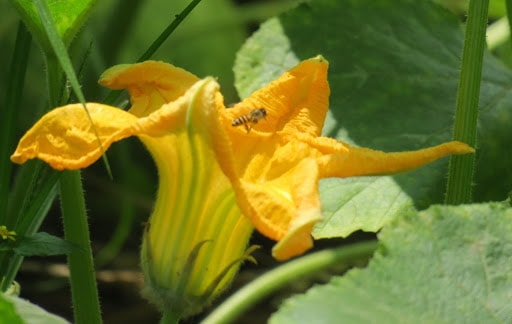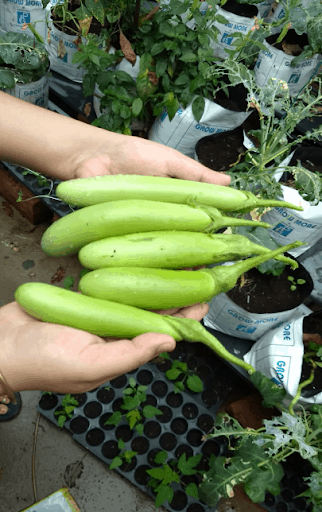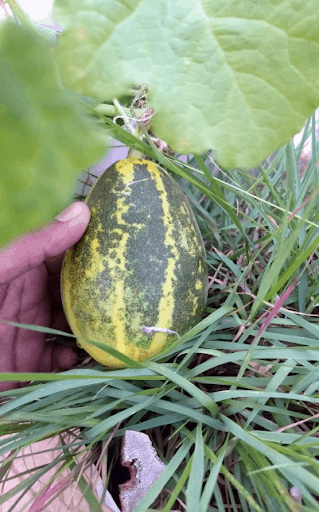Bengaluru has been growing rapidly and eating into its rural peripheries. Between 2001 and 2011, the city’s population grew by 42%, with an alarming increase in built-up area. Such drastic changes in land use, along with the intensive use of pesticides in agriculture, have destroyed much of the original habitats of many plants and animals.
A majority of the foods we eat depend on animal pollinators such as bees, flies, butterflies and birds. These pollinators can enhance yield and improve the quality of produce by the cross-transfer of pollen.
Foods that are dependent on pollinators include fruits, vegetables, nuts and oilseeds, which are rich in micronutrients. Many popular foods – be it chocolate, vanilla, almonds, coffee, grapes, citrus fruits, guava, litchi, or kitchen staples such as tomato, cucumber, chillies, cumin, coriander and cooking oils – are pollinator-dependent or benefit greatly from pollinators.
Hence dwindling pollinator numbers has grave impacts on not just agricultural production, but on nutrition security as well.
Whether cities can support pollinators is a key question. Recent studies indicate that many bee species can adapt to habitats that are not natural or are altered to some degree, provided their need for food plants and nesting sites is met.
Hence the challenge is to create pockets of greenery within urban landscapes. Of late, the city has been witnessing much interest in edible gardening. Growing vegetables and fruits in our backyards, rooftops or common spaces not only gives us access to fresh food, but can also provide food resources for pollinators. Edible gardening could well be the first step in making cities more nutritionally self-reliant and in achieving a healthy co-existence with urban fauna.
Help us better understand pollinator-dependence by taking part in our survey!

[The researchers are affiliated to Ashoka Trust for Research in Ecology and the Environment, Bengaluru. The study is part of the SHEFs (Sustainable and Healthy Food Systems) global research programme, funded by the Wellcome Trust.]

